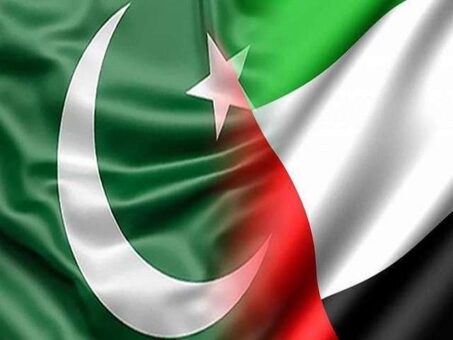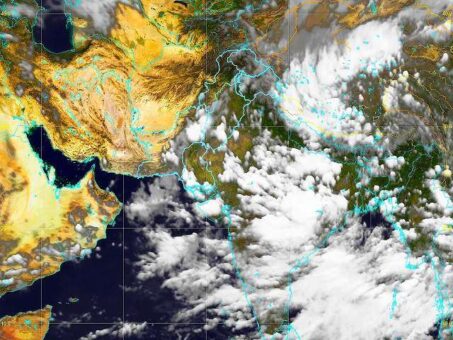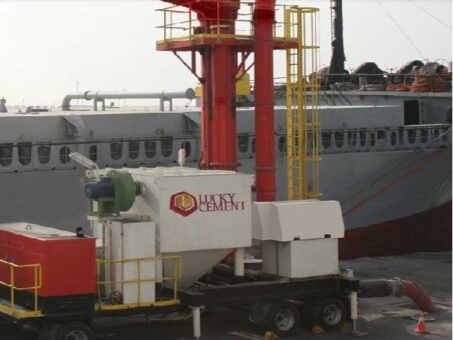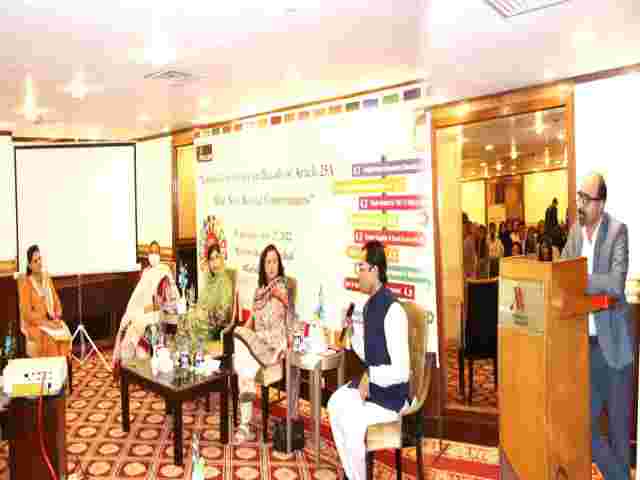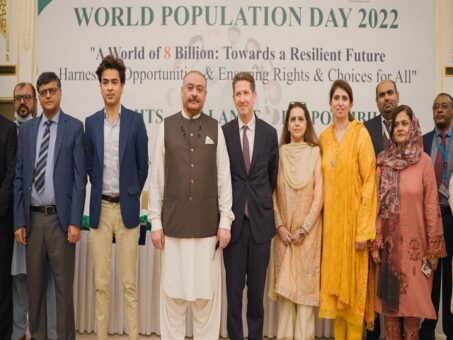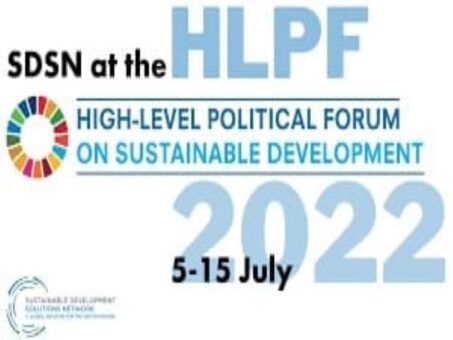KARACHI: All Pakistan Textile Mills Association (APTMA) on Friday suggested the government to avoid economic collapse.
The APTMA in a statement said that Pakistan is currently on the brink of economic collapse. With depleting foreign currency reserves, rising inflation, the exchange rate in free-fall and irrationally high interest rates, the country is headed towards a path similar to the economic downfall of Sri Lanka.
“We at APTMA are pushing for all leaders and policymakers to develop a consensus on how to navigate from this situation of extreme distress and pull the economy out of this downward spiral. We recommend the following key areas for reform,” according to the statement.
The association said a lack of political stability is a serious impediment to economic progress. Not only does it shorten policymakers’ horizons leading to suboptimal short term macroeconomic policies, but it is also the cause of frequent policy U-turns and leads to non-completion of ongoing projects. Stability and consistent policy implementation are crucial for economic growth and for the export sector to thrive and contribute dollar earnings to stabilize the Balance of Payments for a sustainable economic outlook.
READ MORE: Govt. halts gas supply to export industry: APTMA
The exchange rate is a major cause for concern. The ER instability has significant negative relationship with sectoral exports of Pakistan such as textile. A negative indication indicates that a rise in relative price is to blame for the decline in export demand. Pakistan has been under the grip of debilitating ER for quite some time now. The value of one dollar reached its highest point ever on 27th July 2022 when it hovered at around 237 Pakistani rupees. In the long run, the large devaluation of the rupee is worst for exporters especially textile exporters because it raises input costs, making exports less competitive.
It is time to abandon the widespread misconception that exporters welcome rupee devaluation. The central bank and government should concentrate on achieving an ER that is competitive in the market and achieves actual exchange parity. Dollars earned through exports are the most sustainable with the added benefit of no compulsion to return them, no interest, and the cheapest with only 3-4% cost. Hence, focusing upon dollars generated through exports are far better option than bonds.
Moreover, the need for a long-term policy featuring lower interest rates cannot be underestimated, and its implications for a brighter economic future which generates foreign currency, jobs and international recognition cannot be denied. We need more investments in Pakistan, alongside holistic policy reforms that lend confidence to investors and the markets. This need cannot be met with an interest rate of 15 per cent.
READ MORE: APTMA demands continuation of energy tariffs
Roadblocks to entrepreneurship and innovation need to be mitigated so that we can empower our youth and our disenfranchised talent to bring about a grassroots level economic revolution. We must rid our policymaking of the economic formula whereby interest rates are raised in order to stabilize the economy, as this can only be effective in certain Highly Developed Economies: a title which Pakistan’s economy is a long way off from attaining. The best mechanism is through supply-side interventions, bringing more individuals into the economy and increasing the labor supply – for which entrepreneurship and financial inclusion is critical.
The current account deficit increased by 517 percent in FY22 compared to FY21. To counter the dangers of our mounting debt, we must immediately take the following steps:
1) Reduce the import bill by at least $ 5 billion, especially energy’s, through ensuring energy efficiency.
2) Shockingly, petroleum imports increased by 50 per cent in June 2022 in volume terms. Pakistan imported petroleum products worth $24 billion last year. Gas needs to be used for productive purposes only. At present gas is being supplied to ceramics, steel and glass also.
3) Declare an energy emergency and introduce measures to conserve energy which can save Pakistan’s economy in more ways than one:
READ MORE: Prolong Eid holidays to adversely affect exports: APTMA
• Aggressive conservation – cuts import bills by more than 25 per cent and saves $6 billion.
• Implement both Price & Administrative measures to curtail consumption.
• Curtail domestic gas supply to reduce consumption & waste by 18 per cent UFG.
• Single point Energy supply to Domestic Gas.
• Fast track calibration of cooking burners to save 200 MMCFD of Gas/RLNG.
4) Improve documentation and inclusion of unbanked persons
5) Reduce external pressure ‘hawala’ from $10 – $5 billion by documentation as hawala can survive on undocumented sector only; introduce scheme whereby State Bank of Pakistan opens up bank accounts for those currently having no account with a pre-approved overdraft facility of Rs 10,000 that can be used as seed money for entrepreneurship.
6) Revamp and improve the export paradigm by ensuring competitive tariffs and improved facilitation.
Furthermore, we must take steps to add value in our exports and thereby improve global perceptions of Pakistan. This would require an environment that facilitates exporting industries to focus on quality improvement through new processes, thereby developing new products and entering fresh markets.
With a myopic focus on short staple fiber raw cotton, we rely on a shrinking market while neglecting the rapidly expanding market for MMF. The MMF tariff regime effectively prevents Pakistan from aligning its products in tandem with the rest of the world. The duty protection given to obsolete plants in Pakistan is denying the Pakistani industry any chance to compete in this booming market, internationally or domestically. We must do away with such hurdles so that progress can be made in value addition, diversification and market expansion.
Lastly, leaders must prioritize export-led economic growth. Enhanced exports enable the inflow of foreign currency to finance imports, service debt, stabilize exchange rates and to overcome the persistent problem of the balance of payment deficit.
READ MORE: APTMA condemns lobbying for Indian yarn import
The textile sector has performed exceptionally well in the last 2 years. Textile exports have increased by 43 percent in FY22 as compared to FY18. Textile industry has invested a sum of $5 billion over the past few years in new plant & machinery and upgradation.
Further expansion and increase in exports are limited by the inconsistent availability of energy at Regionally Competitive Energy Tariffs (RCET). Given that the past export spur occurred due to the priority of the government to provide regionally competitive terms for the sector, this policy must be consistently maintained in the future to enable economic stability and subsequent growth.

